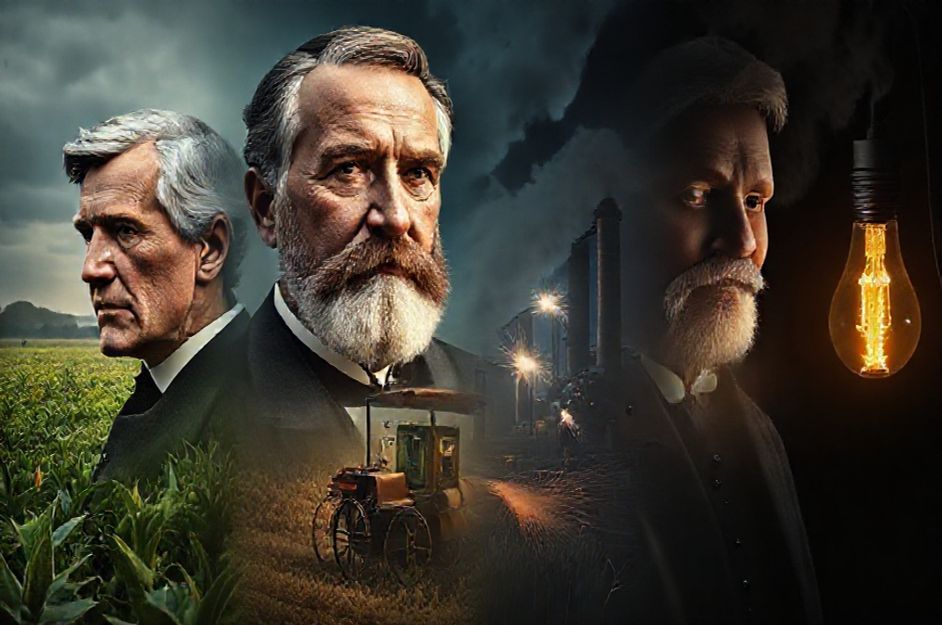History celebrates individuals whose actions and innovations leave an indelible mark on society. In the business world, certain figures stand out for their transformative contributions, overcoming adversity and pioneering new industries. This article highlights some of these exceptional individuals.
Washington Duke (1820-1905): A farmer from North Carolina, Duke faced personal tragedy with the loss of his wife and son to illness, compounded by the failure of his cotton crop. Despite these hardships, including imprisonment during the Civil War, Duke persevered. His breakthrough came with the manufacturing of tobacco. His product, known as ‘Pro Bono Publico’, gained immense popularity among Union Army soldiers stationed in North Carolina. Later, Duke established W. Duke, Sons and Company, which produced cigarettes, further solidifying his success in the tobacco industry.
Cyrus McCormick (1809-1884): The son of a blacksmith, McCormick refined his father’s reaping machine, revolutionizing agriculture. His improved design achieved widespread success, both domestically and internationally. In 1847, McCormick established the McCormick Harvesting Machine Company in Chicago. His invention dramatically reduced the labor and time required for grain production. Harvesting an acre of wheat, which took 20 hours in 1830, was reduced to just one hour by 1895, thanks to McCormick’s innovation.
Andrew Carnegie (1835-1919): Carnegie rose from humble beginnings to become one of the wealthiest men in the world. Starting as a bobbin boy and telegrapher, he eventually became a superintendent for the Pennsylvania Railroad. Investments in oil, iron, and steel during the Civil War proved pivotal. By 1880, he consolidated numerous companies into the Carnegie Steel Company, which by 1990, produced a quarter of all steel in the United States. Carnegie believed in philanthropy, viewing wealthy individuals as trustees who should administer their wealth for the benefit of the public.
Thomas Edison (1847-1931): Edison is renowned for his prolific inventiveness, holding approximately 1,100 patents. Despite limited formal education, he displayed entrepreneurial spirit early on, working as a railroad newsboy and starting a publication on a moving train. His notable inventions include an electric vote recorder (1868), quadruplex telegraph (1874), phonograph, and the incandescent light bulb. While Edison is credited with numerous inventions, some were collaborative efforts or improvements upon existing technologies, such as the Dictaphone, working motion picture system with synchronized sound, and the stock ticker. He also founded a company that later became General Electric.
Other luminaries such as George Eastman, Henry Ford, Madam C.J. Walker, and Joseph Pulitzer, among others, have made significant contributions to society, leaving a lasting positive impact on humankind.
